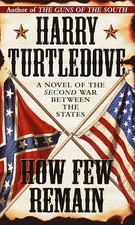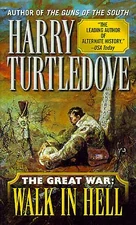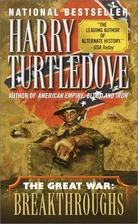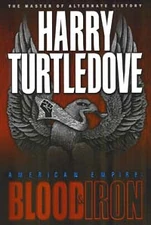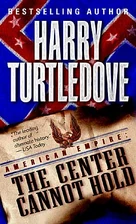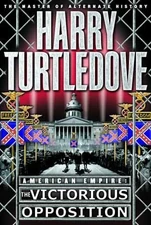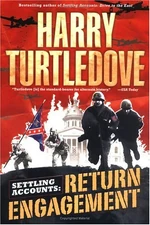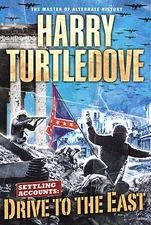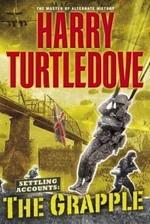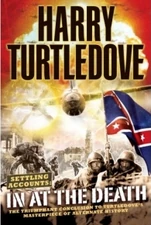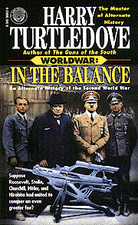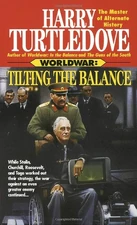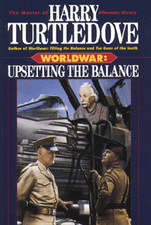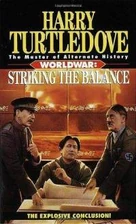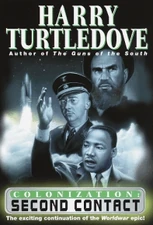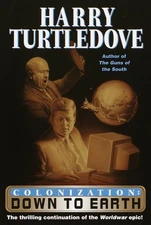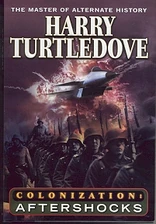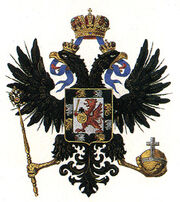
The House of Romanov was the second and last imperial dynasty of Russia, which ruled the country for five generations, beginning in the early 17th century. The dynasty ended in 1917 with Russian Revolution, when Tsar Nicholas II was forced to abdicate in March, and the royal family was wiped out by the Bolsheviks the following year. Forty-seven other members of the family went into exile abroad.
The direct male line of the Romanovs came to an end when Empress Elizabeth of Russia died in 1762. After an era of dynastic crisis, the House of Holstein-Gottorp, a cadet branch of the House of Oldenburg, ascended the throne in 1762 with Peter III, a grandson of Peter I. All rulers from the middle of the 18th century to the revolution of 1917 were descended from that branch. Though officially known as the House of Romanov, these descendants of the Romanov and Oldenburg Houses are sometimes referred to as Holstein-Gottorp-Romanov.
Literary comment[]
Russia remains an empire throughout the 20th and/or 21st centuries in both The Two Georges and The Disunited States of America. While it is probable that the House of Romanov is still ruling in both timelines, this is never stated.
Romanovs in Southern Victory[]
Although Russia was thrown into turmoil at the end of the Great War, when a nationwide uprising sought to overthrow the Romanov Tsars, Nicholas II managed to keep his throne, eventually passing it to his brother Mikhail II, who led his country to disaster in the Second Great War.
Romanovs in "Uncle Alf"[]
The Romanov dynasty was threatened briefly by communist revolution in 1916, until Russia's one-time enemy Germany interceded in suppressing it. A similar rebellion had been put down in 1905. Having survived these two close calls, Tsar Nicholas II was still on the throne in 1929. A little-known German military policeman named Adolf Hitler told his niece that the Tsar was a "woolly-headed fool" for not hanging even more rebels after those troubles.[1]
Romanovs in Worldwar[]
Fleetlord Atvar was horrified when he learned of the slaughter of the Romanov line. For the Race, the murder of an Emperor was a crime so unthinkable that there was no word for it. For a time, Atvar actually considered taking revenge for the killing of the Romanovs, but practical considerations prevailed and the Race decided to deal with Iosef Stalin and recognize him as the "not-Emperor" of the Soviet Union, however unsavory.
References[]
- ↑ See e.g.: Atlantis and Other Places, pgs. 343-344, HC.
| ||||||||||||||
| |||||||||||||||||||||||||
